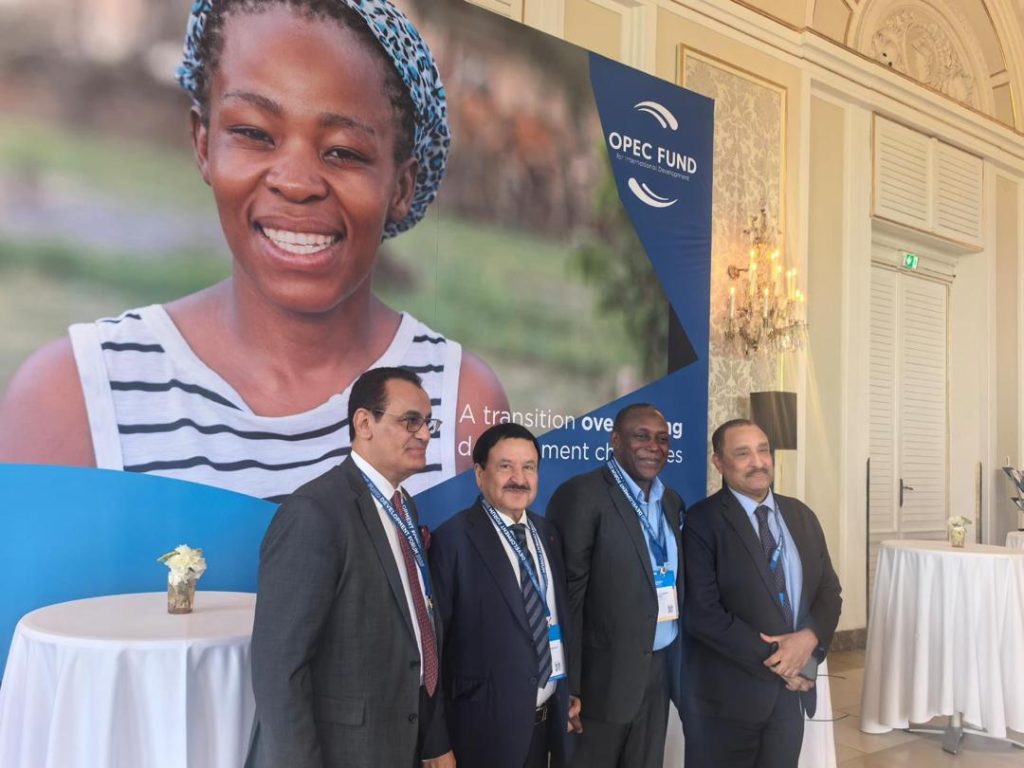Economic Strain APC Warns Against Rice Tariff

A representative from the APC, in an recent interview on Radio Democracy, expressed vehement opposition to the government’s controversial decision to implement a 5% increase in rice prices. He argued that this policy is not only poorly timed but also poses significant challenges for the average citizen, particularly in the wake of ongoing economic difficulties.
Reflecting on historical precedents, he recalled how, during the global economic crisis of 2008-2009, the previous administration had proactively reduced rice tariffs as a strategic measure to ease the financial strain on families. In stark contrast, he criticized the current government for reinstating the 5% tariff last year, effectively reversing years of progress and exacerbating the financial burden on households.
“The government’s actions are out of touch with the realities faced by our citizens,” he stated. “We had consistently warned them that any increase in tariffs would lead to higher prices for consumers, yet they seemed more focused on revenue generation than on protecting the welfare of the people.”
The representative underscored the alarming impact of the price hike on everyday life. “Rice has been a staple for our families, and the price stability we experienced over the past three to four years has vanished,” he lamented. “Now, what used to cost 450-460 Leones has skyrocketed to over 600 Leones. Even the price of a cup of rice, which was previously between 5-6 Leones, has risen to 6-8 Leones. This dramatic increase places an unbearable burden on our citizens, especially the most vulnerable among us.”
He cited a recent video where citizens voiced their frustrations about the rising costs, emphasizing the growing sense of discontent in the community. “People are feeling the pinch, and it’s not just about rice. This increase symbolizes a broader economic struggle that many are facing daily.”
In response to the government’s justification for the price hike, which claimed the additional funds would support the Feed Salone Initiative, the representative expressed skepticism. “You can’t claim to be feeding the nation while simultaneously implementing policies that harm it,” he asserted. “This contradiction reveals a lack of understanding of the challenges our citizens face. We warned them that this decision would have severe consequences, and we are now witnessing the fallout.”
To mitigate the economic challenges and alleviate the burden on the populace, the representative proposed a series of cost-cutting measures for the government. He urged officials to prioritize fiscal responsibility by reviewing government expenditures and eliminating unnecessary costs. “Reducing the wage bill, scaling back on non-essential offices, curtailing extravagant travel expenses for government officials, and limiting the purchase of luxury vehicles for ministers are all viable steps that can be taken,” he suggested.
He also pointed out the need for greater efficiency within the government itself. “We cannot afford to have a Ministry of Environment alongside an Environmental Protection Agency when their roles overlap. Similarly, merging the Ministry of Finance and the Ministry of Economic Development, which were once one entity, could lead to more streamlined operations. The same goes for the Ministry of Social Affairs and the Ministry of Gender Affairs, which could also benefit from consolidation.”
The representative concluded with a call for prudent financial management that prioritizes the needs of ordinary citizens. “If the government wants to improve its financial standing without further burdening the people, it must look inward and make necessary adjustments. Streamlining operations and eliminating redundancy will enable them to meet their budgetary needs while supporting the well-being of our citizens.”
As the interview wrapped up, it was clear that the APC representative’s concerns resonate with many who feel the economic strain in their daily lives. His message underscored the urgent need for policies that genuinely prioritize the welfare of the people over mere financial gains.





